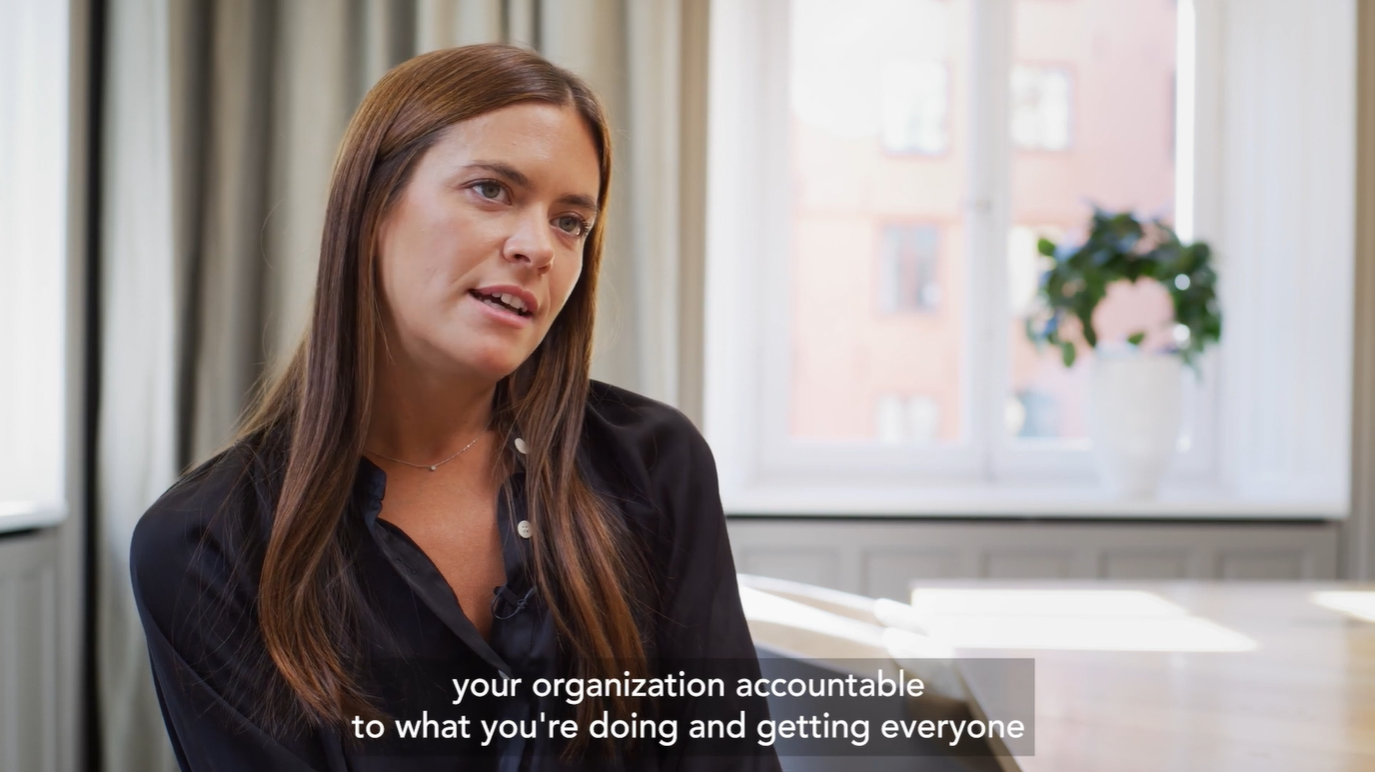Sustainability
We believe that sustainability creates real long-term value and builds better businesses.

Kinnevik’s bespoke approach, focused on creating real business value, sets us apart from other investors and is a deciding factor for founders to partner with us. We create significant positive impact by being active owners and allocating capital towards solving the most pressing challenges globally.

Sustainability Report
This report covers the sustainability strategy, performance and target fulfilment for Kinnevik and our portfolio.
Diversity, Equity & Inclusion
Kinnevik’s greatest asset is and has always been our people - in our own organisation and in our portfolio. As such, attracting and retaining top talent is a key priority. Kinnevik regards diversity, equity and inclusion as core levers for value creation, and we make full use of the opportunities that arise from employing a team with different backgrounds and perspectives.
Supporting our companies
Watch the video with our sustainability team describing how they actively support our companies in building integrated and value-adding sustainability strategies.
How we work